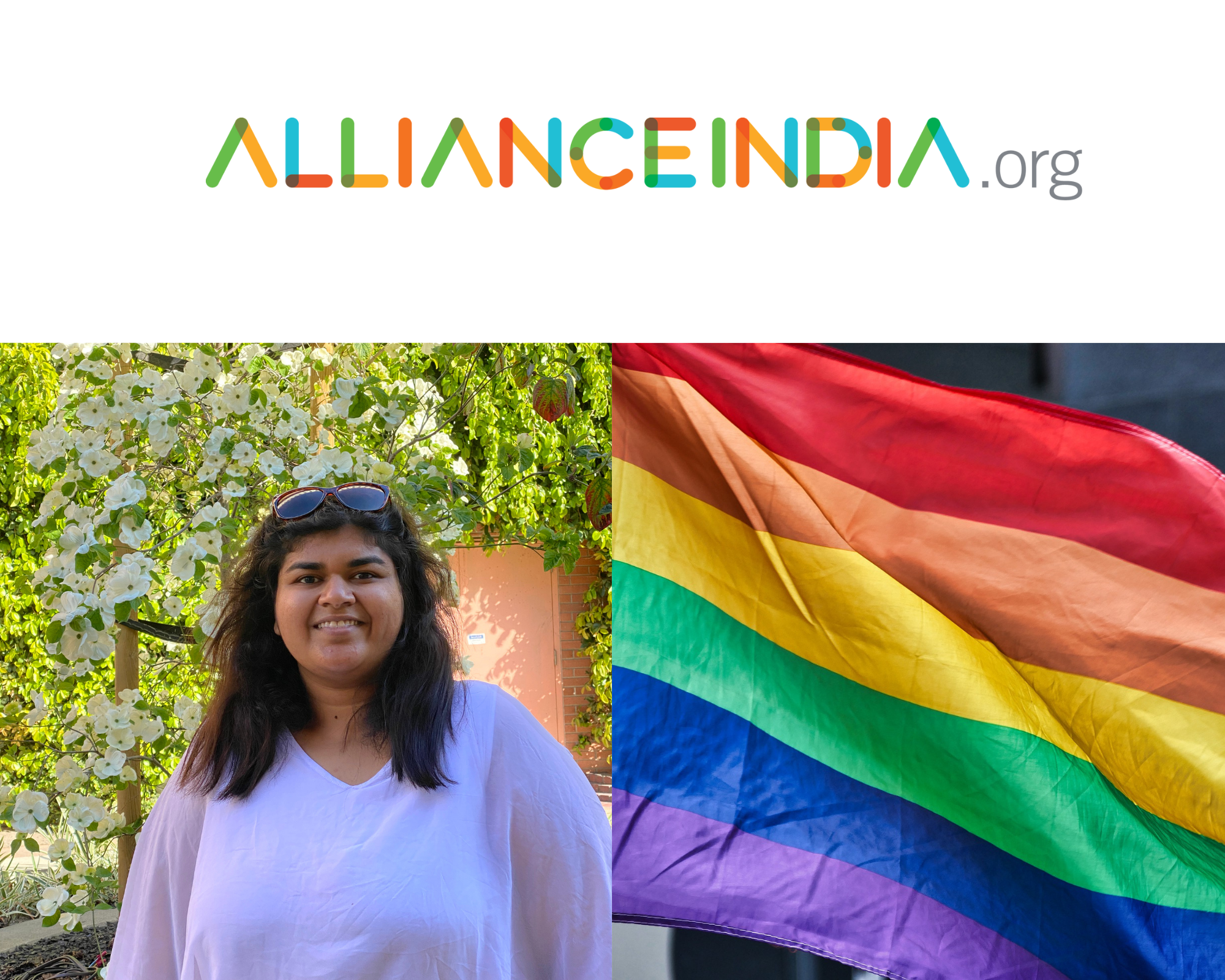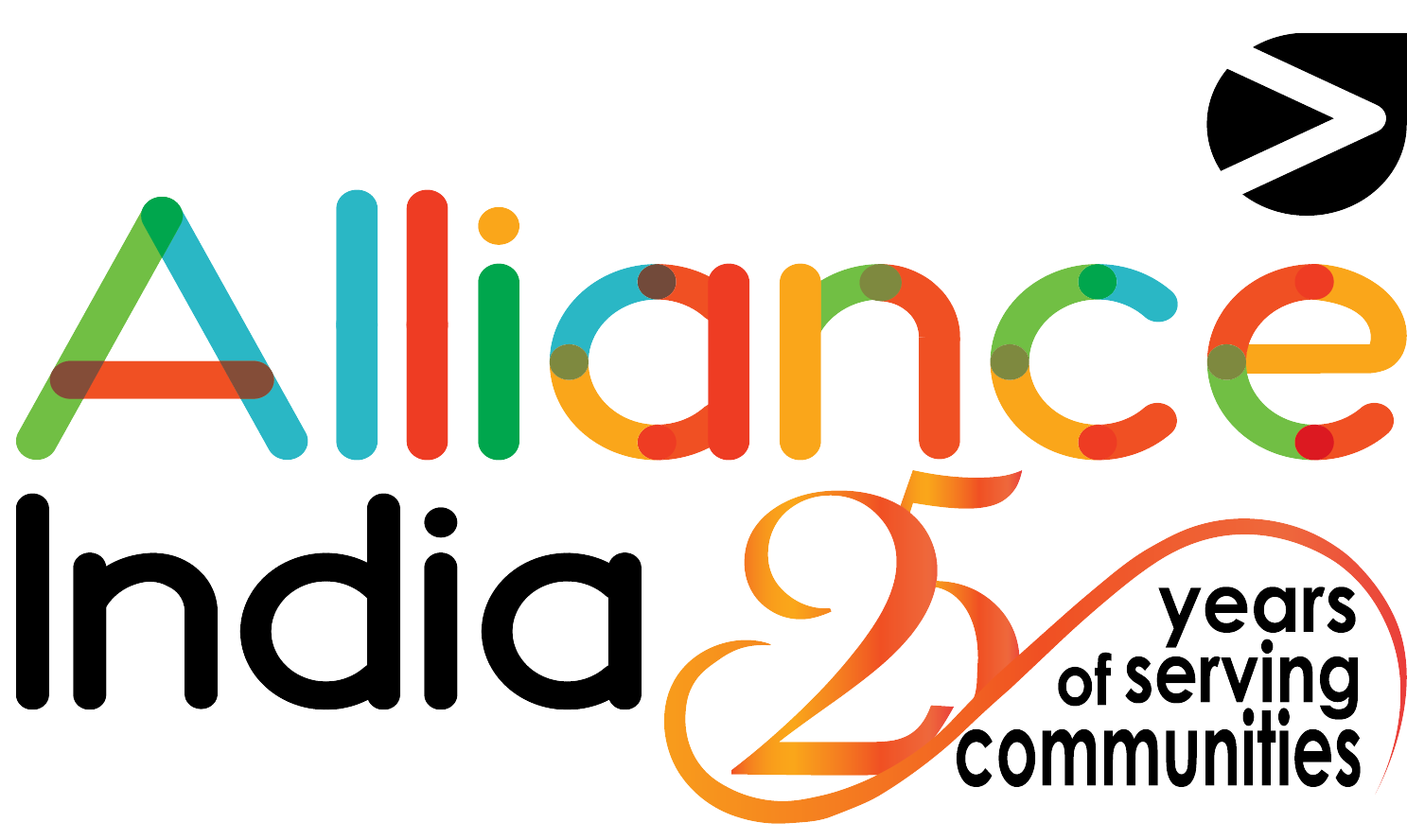We are just looking for your support because coming out is a very scary thing to do

Charvi Agarwal is a software engineer and lives in New York. She grew up in New Delhi, where she also completed her Bachelor’s in Computer Engineering. She earned her Master’s in Computer Science from Georgia Institute of Technology in Atlanta, Georgia, after which she worked at Cox Automotive and Microsoft, and currently works for Compass. She identifies herself as a lesbian and is an advocate for LGBTQ+ rights. She also leads the LGBTQ+ employee resource group at her company.
We have interviewed three persons like her as part of our series on International Non-Binary People’s Day. This is the second interview in the series.
Edited excerpts from Charvi’s interview.
When and how did you realize that you are different from what others perceive you to be? How did you feel about it and what thoughts went through your mind?
Charvi Agarwal: I think I’ve had moments throughout my life where I felt attraction towards women, but didn’t think anything of it and just assumed I was straight by default. I only realized I was a lesbian when I was 25.
I was watching a TV show with a lesbian story-line in it, and it made me start questioning my sexual identity and really considering for the first time that I may not be straight. After reading similar experiences online, it suddenly hit me that I’m gay and have always been this way – I just hadn’t realized it earlier. Suddenly, everything in my life made sense – how I was never interested in boys growing up, I couldn’t relate to girls my age having feelings for them, and meanwhile, I was obsessed with female actors/artists, but there was no education around this or any representation in the media about being gay so it never really clicked for me.
I had mixed feelings about this realization. On one hand, I was honestly really happy to finally discover myself in a new way and felt free in a way I hadn’t before. But on the other hand, I was scared by the fact that now I have to come out to my friends and family, and even though I knew they would be supportive, there’s always uncertainty around it and the fear that people would see me differently. Thankfully it all turned out well and everyone was very accepting and supportive of me.
Have you experienced social stigma? Would you like to share a few incidents?
Charvi Agarwal: When I was a kid, I heard the term “lesbian” being thrown around in a derogatory way. I remember finding out what it meant and wondering in my head “well what’s wrong with that?” but never said anything. Indian society is largely ignorant of LGBTQ issues and no one ever really talked about it, or if they did, it was negatively and mockingly, like they don’t see LGBTQ folks as normal people. Even in the media, LGBTQ people were portrayed as someone to make fun of, dehumanizing them. There hasn’t been any other option in our society but to be heterosexual and cis-gendered. People are just expected to have an arranged marriage anyway, no one really cares about love, and there are heavy gender roles in society and people expect men and women to behave a certain way. So growing up, even if it wasn’t directed at me personally, I felt all of this messaging around me.
I’ve been fortunate enough to have support from both my family and friends after I’ve come out, and privileged enough to live in a liberal city in the United States (US) where being gay is not a big deal and people are generally welcoming and accepting. I haven’t faced personal attacks because of being gay, but I know that these issues exist on a systemic level. For example, I can never get married in India and even if I get married, the government will not recognize it. In the US, LGBTQ rights are still a hot topic of debate among more conservative groups who explicitly lobby against our rights and fight against our freedom.
How can family, friends, relatives, colleagues support you and what message you want to give to them?
Charvi Agarwal: I’ve been really lucky to be accepted and supported by my friends and family. If anyone who is reading this wants to support someone they know to be gay or trans, the best thing you can do is don’t treat them any differently. They are still the same person you know and love. If you have questions, search about them online and educate yourself on these topics, rather than asking lots of questions to the person who’s coming out to you. It is not their responsibility to explain things to you or make you feel comfortable, they are just looking for your support because coming out is a very scary thing to do and they are trusting you with this part of themselves.
Normalize LGBTQ people and actively stand up for them and their rights – both on a daily basis like speaking up if someone else mocks LGBTQ folks or correcting someone if they use the wrong pronouns, and also on a broader level of fighting for equal rights in society. Keep an open mind, learn about these topics, start a dialogue around them with your friends, coworkers and family, and educate them too about any misconceptions they may have. We should strive to create a culture that normalizes being different and doesn’t perpetuate heteronormativity.
~ Interviewed by: Anurag Paul, Communications Officer, Alliance India
Other Recent Articles
- Transforming Lives through Health Interventions: My Visit to Narmadapuram Prison 11 July, 2024
- HIV and Ageing: Understanding the Unique Needs of Older Adults 20 May, 2024
- Youth Voices: Life with HIV in Contemporary India 26 September, 2023
- Empowering Transgender Community to create an Equal World 20 July, 2023
- Combating Stigma and Discrimination Among People Living with HIV 7 July, 2023
- Understanding the Significance of HIV Testing: Impact on Individuals, Relationships, and Society 22 June, 2023
- Empowering Lives during Unrest l Our Commitment to Manipur 5 June, 2023
- Empowering the Transgender Community: Alliance India Initiates Transgender ID Card Registration Drive 17 May, 2023
- The Struggle of Embracing Identity- International Day Against Homophobia, Transphobia and Biphobia 17 May, 2023
- Innovaccer Provides Support to Ensure Quality Health Services to Children Living with HIV 5 May, 2023
- Made by Nicdark - Copyright 2020
- donations@ong.com
- volunteers@ong.com
- contact@ong.com
India HIV/AIDS Alliance (Alliance India)
A not-for-profit Section 8 Company with Registration No: U85310DL1999NPL098570
Contact
-
6, Community Centre
Zamrudpur Kailash Colony Extension
New Delhi – 110048 - +91-11-4536-7700
Download
©2021 All Rights Reserved by Alliance India


